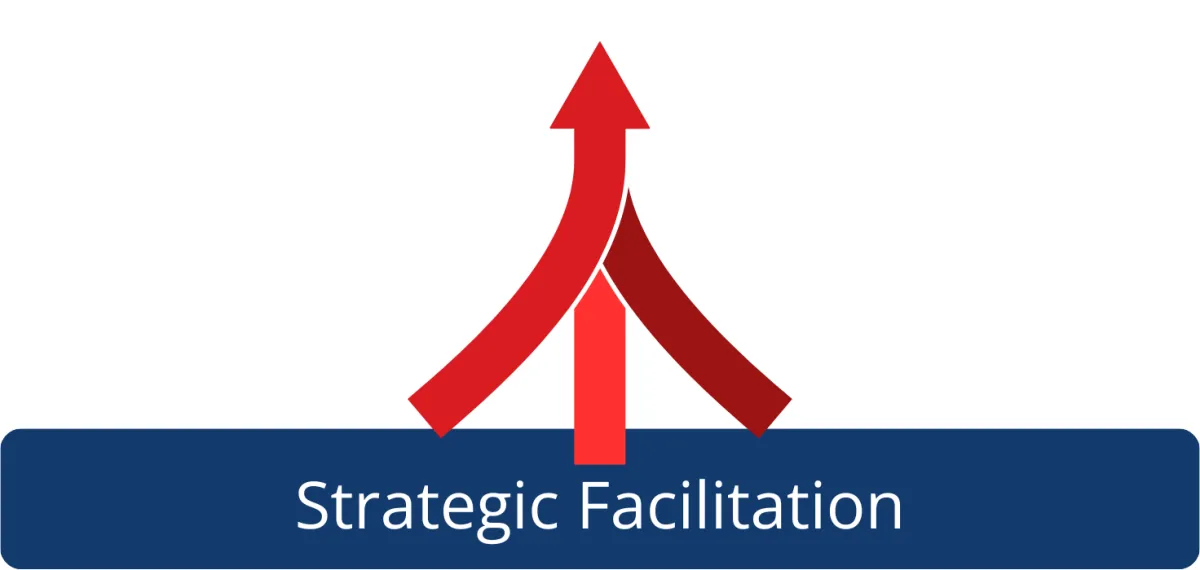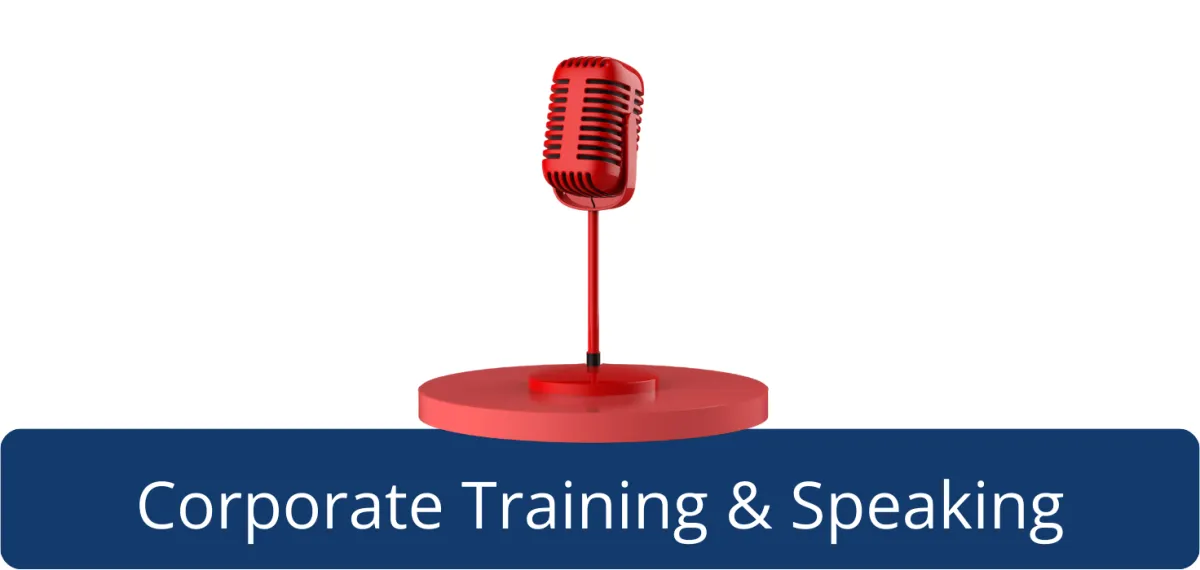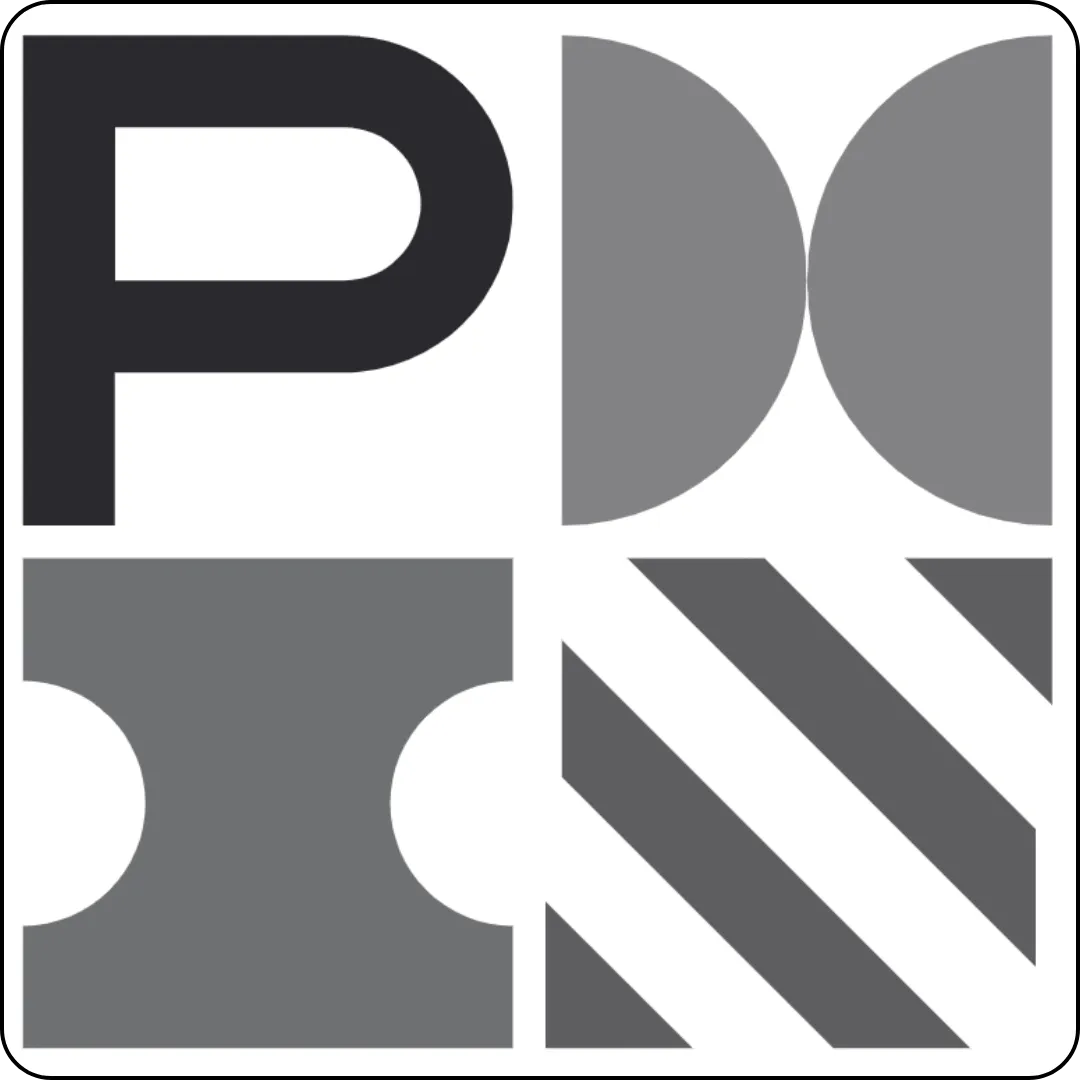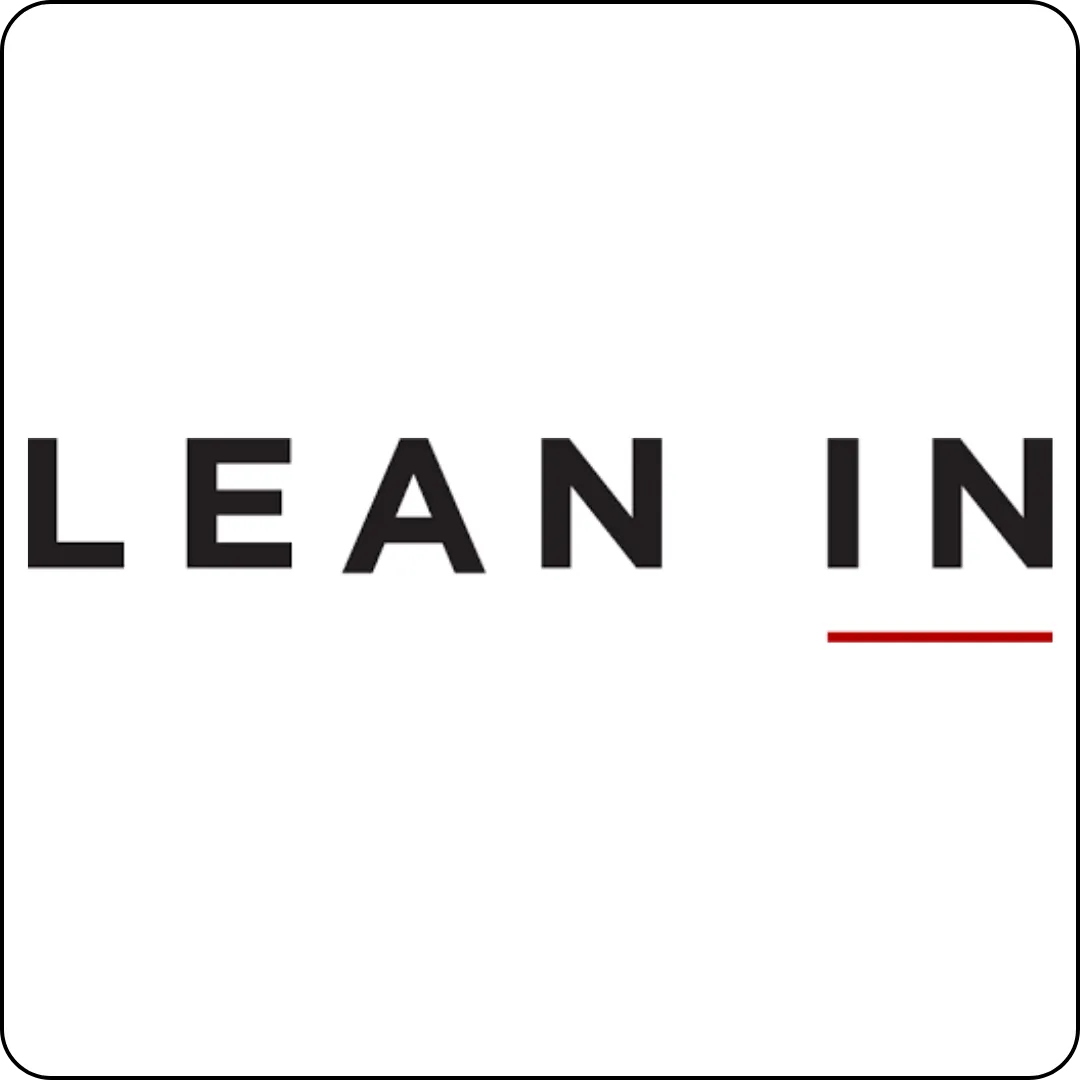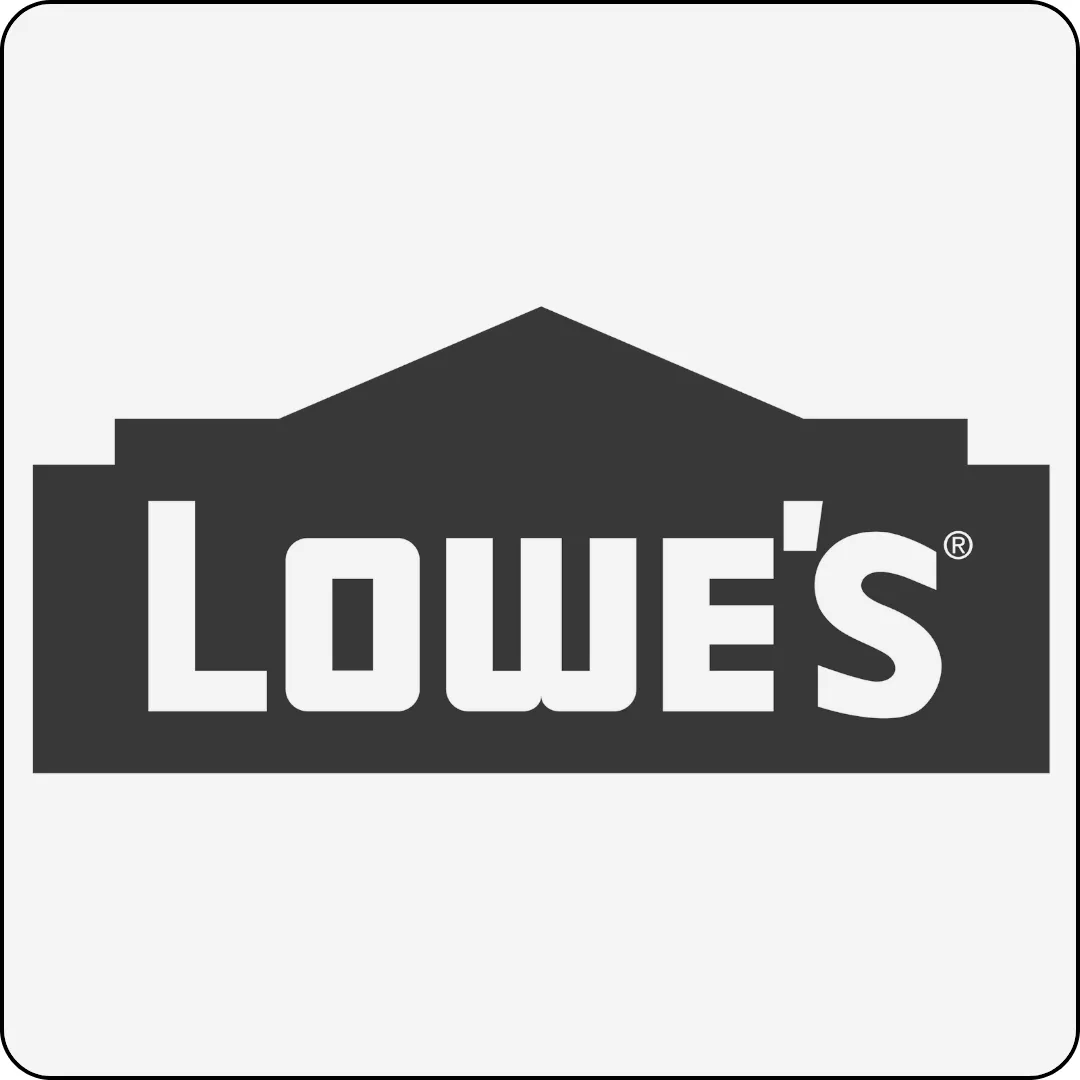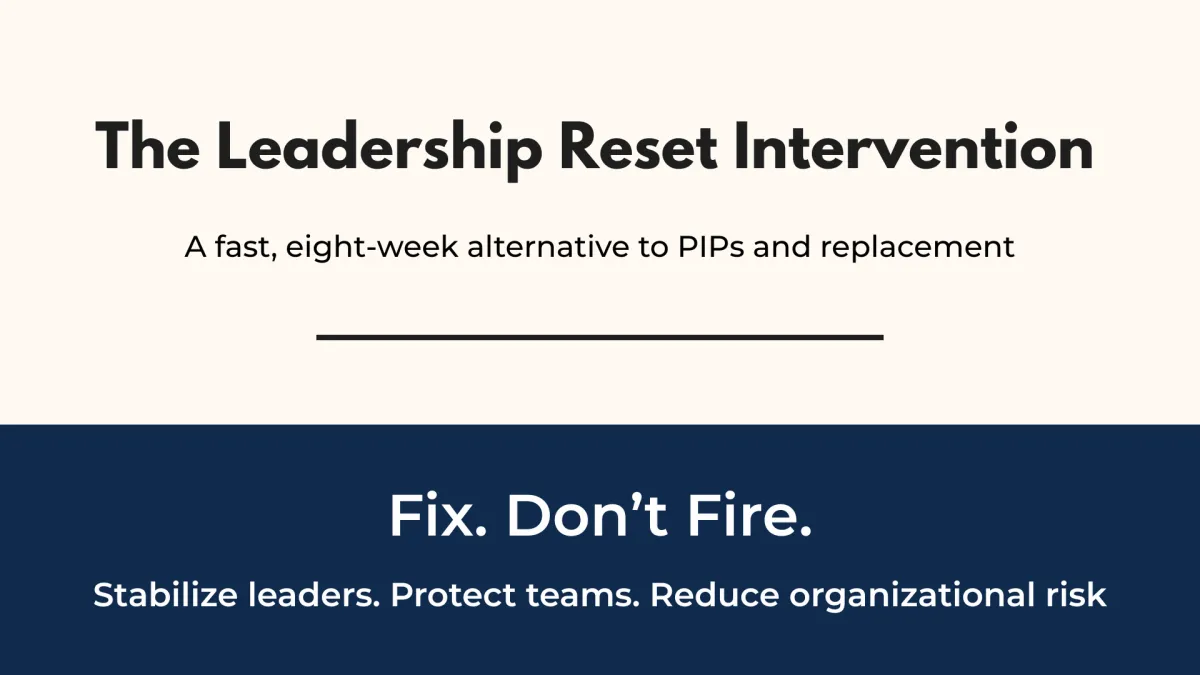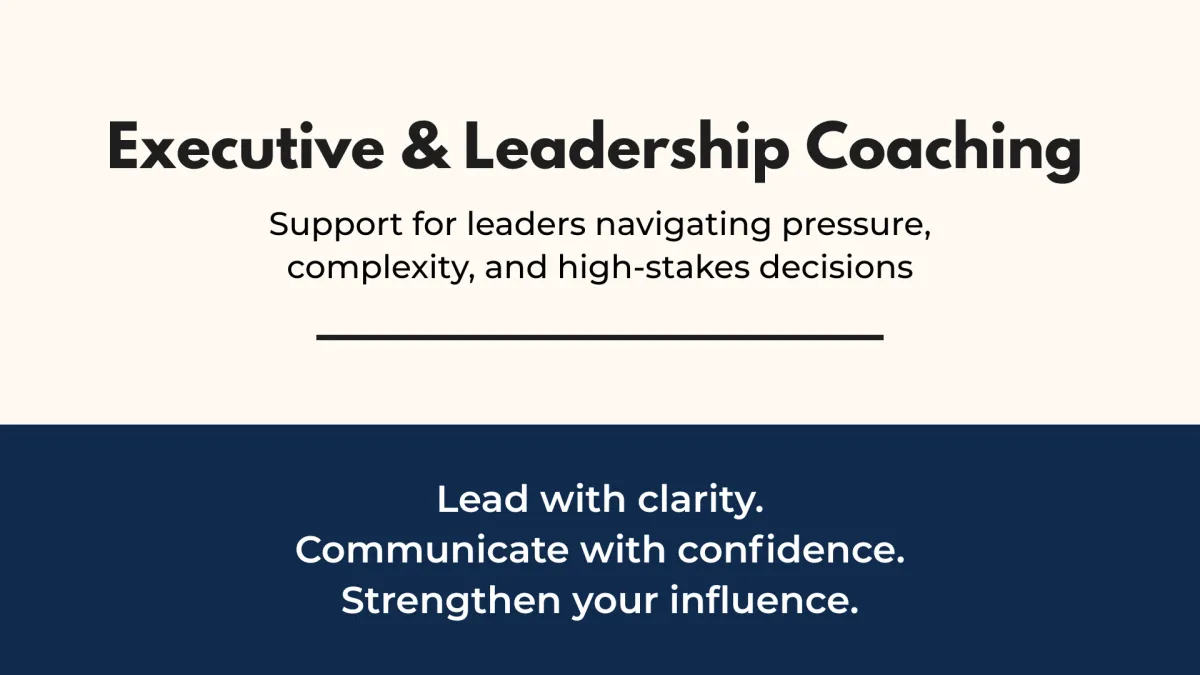The Unshakeable Leader Beta is open.
Decision support for leaders ready to stop carrying it all on their own.

Confident Leadership.
Aligned Teams.
Sustainable Growth.
Leadership development, executive coaching, and confidential strategic support for leaders ready to align, decide, and move forward.
Conversation is easy. Clarity takes work.

OUR RESULTS
We track client progress ensuring results are unmistakable and quantifiable.

Self-reported by participants of our 1:1 and group coaching programs based on their before and after Leadership Index results.
HOW WE HELP
Whether you need to align your team, guide your board, or grow as a leader, each solution is designed to deliver focused progress without overwhelm or unnecessary extras.
An 8 -week strategic intervention for healthcare and human-centered organizations who want to support struggling leaders to stabilize leadership performance, rebuild trust, and restore organizational confidence.
This 90-day, strategy-first executive coaching engagement is designed for high-performing leaders who want to stop reacting, start leading with intention, and see visible results every week.
Not sure where to begin?
Start with a conversation.
WHAT COACHING CLIENTS SAY
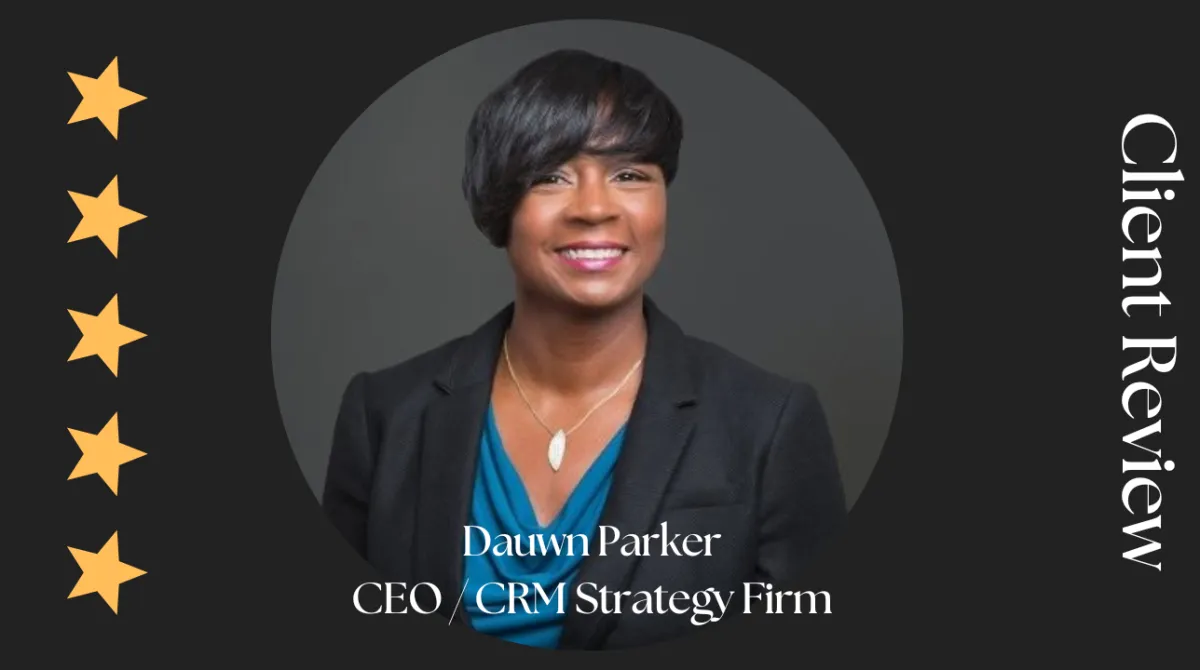
"Leading my business
with clarity"
I went from a limited pipeline to signed deals and a clear strategic direction. I’m no longer in survival mode - I’m leading my business with focus and relief for the future.


"Confidence and visibility
transformed my career"
Asia helped me face fears I’d avoided for years - from public speaking to building my personal brand. She tailored the process to my goals, helping me grow in confidence and visibility as an executive.

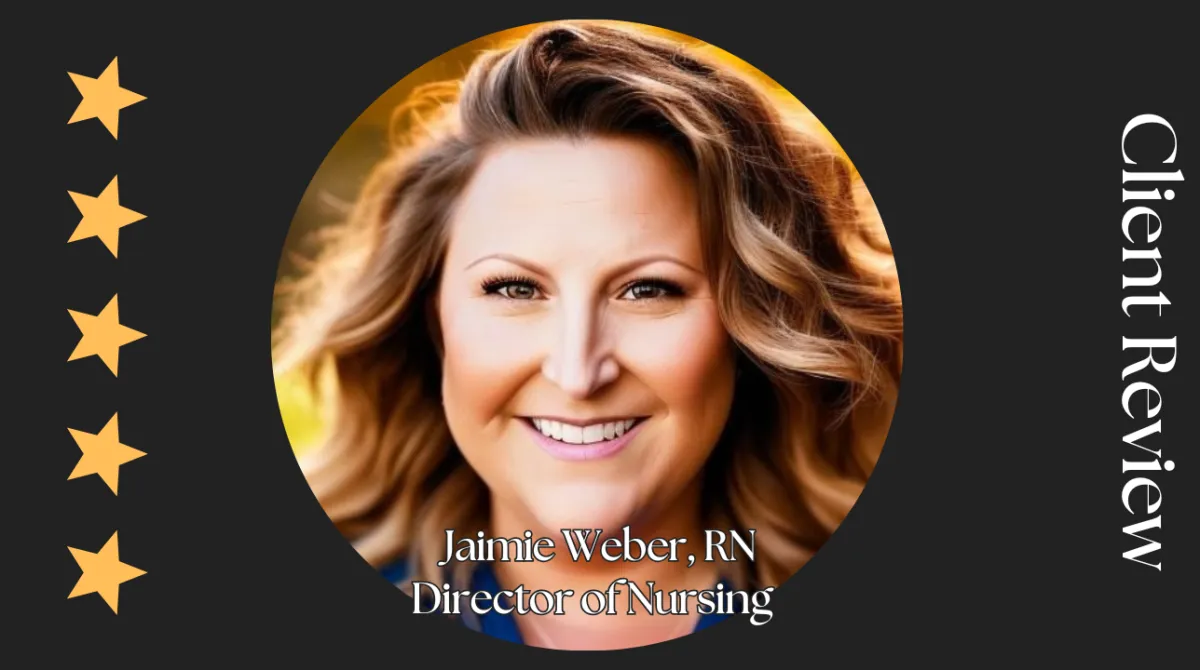
"Immediate trust
and insight"
Within minutes of our consultation, I knew Asia was the coach for me. Her warmth, insight, and professionalism made it clear I could trust her guidance.

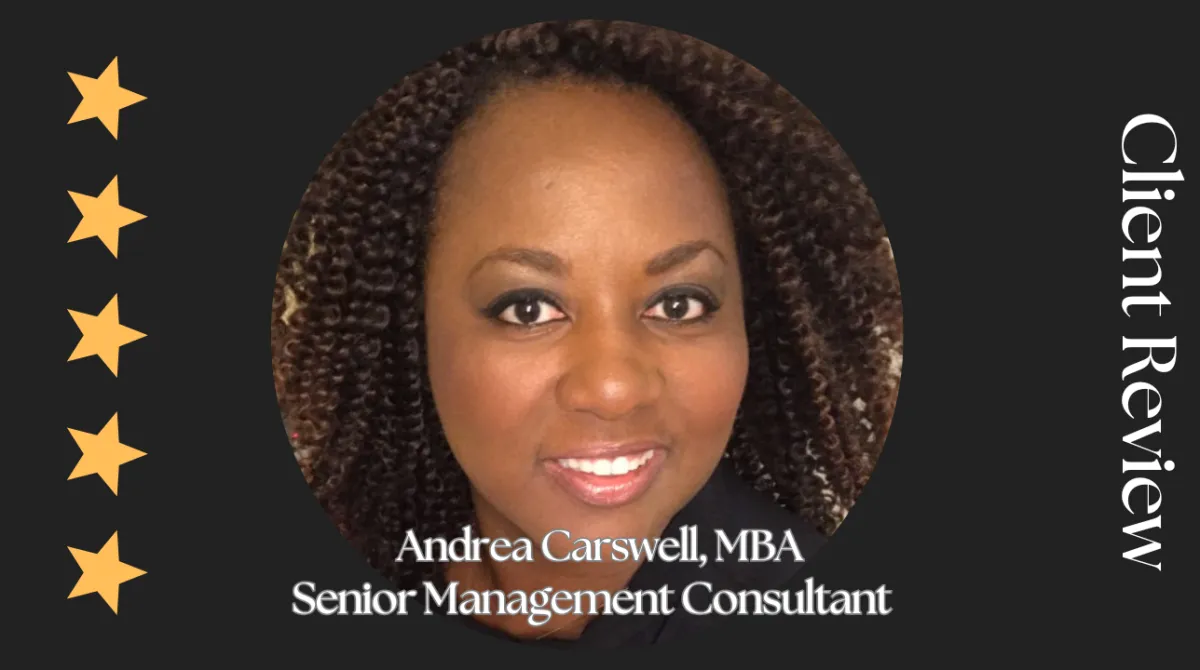
"A complete career
transformation"
I stepped out of my comfort zone, built relationships I never would have before, and landed a senior role I love. The intentional focus completely shifted my confidence.

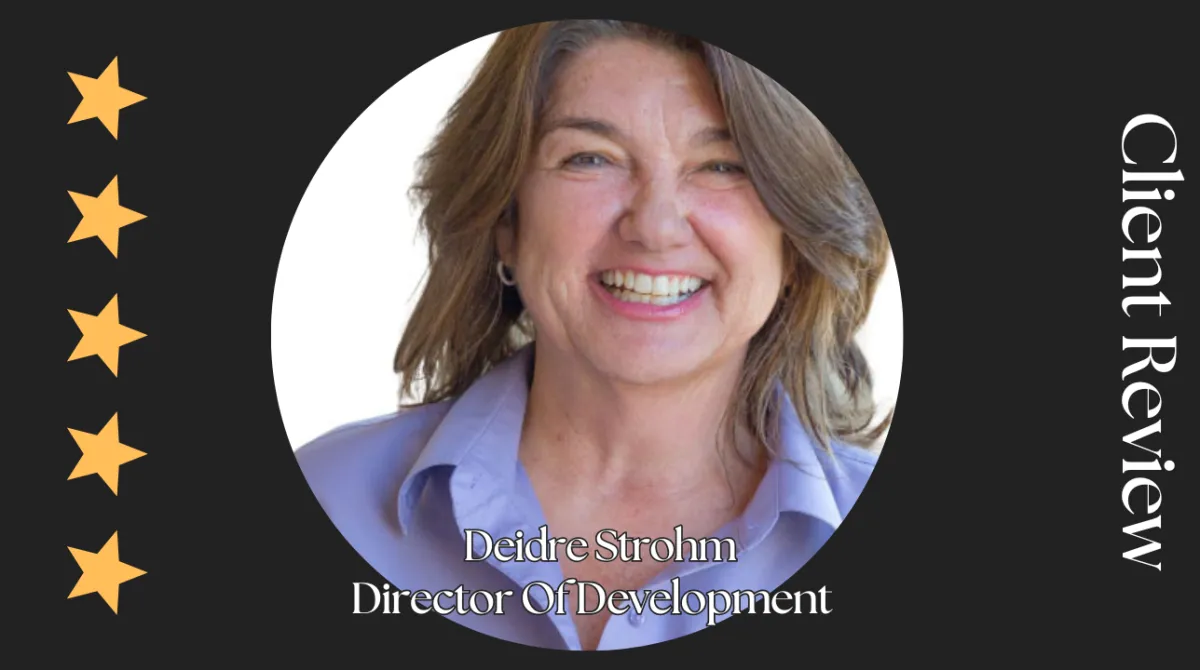
"Hearing my own
voice clearly"
Asia’s coaching changed how I hear myself. She doesn’t hand you answers - she helps you find your own voice and clarity. That shifted how I lead and make decisions.


"Redefined success
on my own terms"
Within months, I went from being unsure and stuck to landing the opportunity I really wanted. Asia helped me define success and make it real.

SIGN UP FOR OUR FREE WEEKLY NEWSLETTER

How you lead matters.
Sign up for our Skip Level Strategies newsletter, where every Sunday you'll start your week with a practical 5-minute perspective shift and action to bring your leadership, decision-making, and communication to the next level.
PAST NEWSLETTERS

Issue 39: Time Management & Doing The Right Work
Issue 39: Time Management & Doing The Right Work
"You may delay, but time will not."
— Benjamin Franklin
Hi leaders,
Before we dive into this week's topic, I wanted to share a heartfelt message.
While the strategies and insights I share will continue to apply to leaders across all industries, I've made a conscious decision to focus on supporting the healthcare heroes who dedicate their lives to caring for others.
The past few years have been brutal.
We all hoped things would improve for healthcare professionals after the initial crisis of COVID subsided. Sadly, that hasn't been the case for many.
I'm hearing from countless nurses and other healthcare leaders who are leaving the profession, feeling burnt out, undervalued, and trapped. They believe they have no choice but to sacrifice their well-being for their careers.
I want you to know you do have a choice.
My commitment is to empower you, healthcare leaders, with the tools and strategies to not only survive but feel fulfillment and, dare I say, joy in your leadership roles.
I want to help you create fulfilling careers where you feel valued, respected, and in control – so you can continue making the incredible impact you do without sacrificing your sanity. Because the world needs your leadership now more than ever.
Whether you're a healthcare leader or not, I hope you'll stay with me for lessons that will support the health of your professional life and leadership impact.
Too little time, too many tasks.
Now, let's dive into this week's focus: Regaining your time through role mastery and discovering your organization's enacted priorities – the things they actually prioritize, not just what they say they do.
Feeling like a plate spinner at the circus, constantly juggling tasks but never truly making progress on what matters? (Great visual?!)
You're not alone. Many nurse leaders are stuck in a whirlwind of competing demands, unclear priorities, and a nagging feeling they're not making the impact they envisioned.
This week, we're diving into Role Mastery, a core component of the Intentional Leadership Framework I teach, and specifically how to uncover your organization's enacted priorities – the things they actually prioritize, not just what they say they do.
The Problem: You're drowning in to-dos, constantly putting out fires, and feeling overwhelmed. You're working harder, not necessarily smarter, and you're feeling it. You might be checking off boxes, but are you moving the needle on what matters most to your organization (and your career)?
Probably not.
You’re likely mistaking activity for achievement.
The Real Issue: You haven't identified your organization's enacted priorities. Every organization has stated priorities (mission statements, strategic plans, etc.), but their enacted priorities – the things they actually invest time, resources, and attention into – often tell a different story. If you're not aligned with these enacted priorities, you're spinning your wheels, no matter how hard you work and how good a job you do.
What You Should Be Doing Instead:
The Priority Performance Method: This isn't about time blocking or another productivity hack. It's about understanding the why behind your actions. Start by asking yourself:
What are the top 3-5 things my boss/CNO consistently emphasizes? Where do they spend their time and energy?
Where does the organization invest its resources (money, staff, training)? This reveals what they truly value.
What gets rewarded and recognized? Promotions, bonuses, public acknowledgment – these are clear indicators of enacted priorities.
Align Your Actions: Once you've identified the enacted priorities, you have the opportunity to reframe your priorities in a way that matters to your organization. Focus your energy on tasks that directly contribute to these priorities, even if they're not the most urgent or visible. This is where your influence and impact will truly shine.
Communicate Strategically: Don't be afraid to discuss your understanding of enacted priorities with your boss/CNO. Frame it as a way to ensure you're focusing on the most impactful activities. This demonstrates strategic thinking and initiative, positioning you as a valuable leader.
Example: Your hospital claims to prioritize patient satisfaction, but consistently understaffs units and cuts resources for continuing education. The enacted priority is cost reduction, not patient satisfaction. Aligning your actions with this reality might mean finding creative, low-cost ways to improve patient experience, rather than advocating for more staff or larger investments (which will likely be ignored).
The Bottom Line: Mastering Role Mastery and understanding enacted priorities is about working smarter, not harder. It's about aligning your actions with what truly matters to your organization, maximizing your impact, and positioning yourself for career advancement.
Ready to take control of your leadership and align with your organization's true priorities? Schedule a free nurse leader coaching consultation, and let's explore how the Intentional Leadership Framework can transform your career.
Next week's preview:
Next week, we're diving into the power of feedback. It's not always easy to hear (or give!), but trust me, it's essential for growth.
We'll talk about how to get the right kind of feedback, the kind that actually helps you level up in your role, and how to use it to make sure you're focusing on what truly matters.
Until then, take a moment to reflect on how understanding your organization's real priorities (not just the ones they post on the "values" posters) can make a huge difference in your effectiveness and influence, something you absolutely need to do good work and help more people. It's all about Role Mastery, my friend, and it's a game-changer.
Let me know what you think
Go out there and lead,
Asia
Bridgewell LLC - Strategy and Leadership
